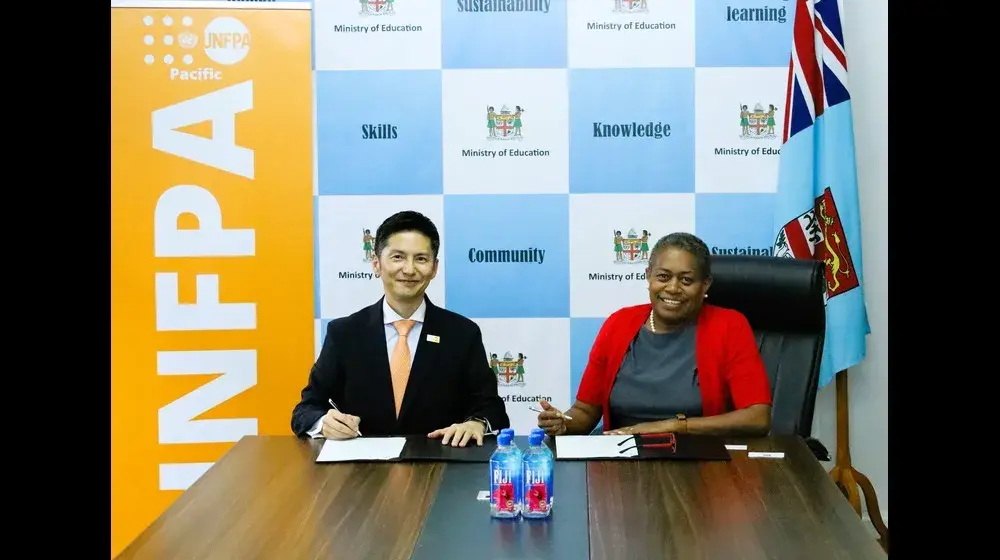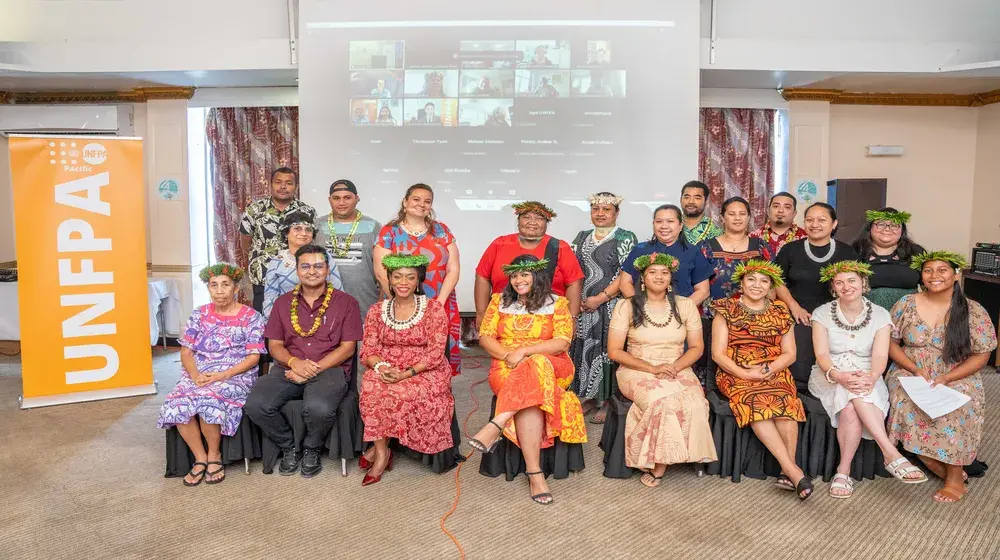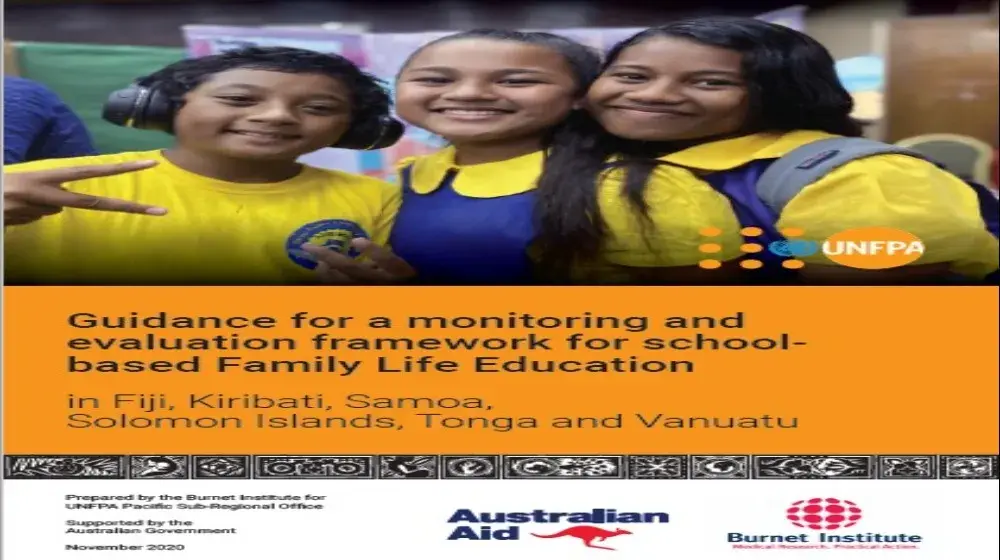AS Fiji dug deep in a collective soul-searching exercise over the brutal rape of a nine-year-old in broad daylight, a group comprising civil society actors, legislators, senior civil servants, security officers, academics, and other observers including youth representatives gathered in Suva for a two-day symposium: Security partnerships: Future challenges for Fiji.
If anything, the two-day multi-stakeholder security symposium brought to the fore the multiple facets of security as a whole, underlining its complexity and its cross-sectoral nature whose tentacles reaches into almost every facet of our lives.
Issues surrounding security cut across political and ethnic lines, socio-economic development and cultural aspects of our existence are not immune either although when speaking of Fiji's recent past, one cannot deny a unique resilience in ordinary citizens to return to their pre-upheaval harmonious existence, generally-speaking.
Simply-put, to have security is to assure the security of others. This is the underlying assumption particularly in times of insecurity, thus the relentless drive for its realisation but whether security is a lived reality of our citizens is another story.
Security issues can be state-based, its safety latches can be abstract for ordinary citizens though the manifestations of such approaches can be sighted occasionally for example the now 4000-strong Republic of Fiji Military Forces, of whom 1000 are currently on peacekeeping duties.
Whether perceived or otherwise, insecurities can be destructive for national processes of political unity, economic development and societal progress.
Security issues can also be about human security which for obvious reasons are more societal in nature and can be individual-based.
One of the core ambitions of the symposium which was hosted by the University of the South Pacific (School of Government, Development and International Affairs), the University of Canterbury's Macmillan Brown Centre and the United Nations Development Programme, is the conceptualization of a country-specific if not a Pacific-specific definition of security; this is inevitable if you consider the evolution of the entire security sector globally-speaking.
Former diplomat and minister Kaliopate Tavola made reference to the fluidity of the definition of security influenced by the evolving socioeconomic and cultural realities; his statement is reminiscent of a recent comment by Henk-Jan Brinkman from the Peacebuilding Support United Nations (UN) Secretary-General Team who spoke in security terms of the changing world and the corresponding change in the nature of conflict - the who, why and how are all changing.
Brinkman spoke of how the UN itself has become a target and how even UN staff were not assured of the protection of the flag or the UN emblem anymore adding that a review of peace-building today would have to be done looking at the UN as a whole, as opposed to a (agency-specific) silo approach.
Seven panels of four speakers contributed to the rich discussions but the general consensus was that a new definition of security will have to be country-specific. Pacific Centre for Peacebuilding's Koila Olson underlined the importance of "human security" being defined by the people while academic Dr Tupeni Baba called for a definition that was considerate of plurality. Pacific Council of Churches' Murray Isimeli who spoke religious philosophy in terms of security emphasised a harmony attained because of differences maintained.
While gendered security assured women of participation, Save the Children Fund's executive director Raijeli Nicole lamented the worrying propensity of engaging women and bringing them to the table while the abuse of their basic human rights continued unabated.
FemLinkPACIFIC's Sharon Bhagwan Rolls, a participant of the panel on Gender, Youth, Religion and Security, said while it was important to ensure women's membership of the legislature, development was having some real impact at the local level as well, where it should continue in earnest. Ms Bhagwan Rolls said while women's empowerment initiatives strengthened their political agency, we needed to avoid seeing women as a homogeneous lot.
Women's Crisis Center's Shamima Ali questioned statements on how peaceful Fiji was when there was an ongoing daily battle behind closed doors of sexual assaults, intimate partner violence, and ongoing discrimination which wrought havoc in the lives of women and girls.
In terms of human security, the UNFPA works with governments to ensure women and girls' sexual and reproductive health and rights needs are met in emergency situations.
"When emergencies strike, it is very much about being in a space that allows existence with dignity, even in the most difficult of times, women overcome immense obstacles to provide care and safety for others even as their own vulnerabilities increase," United Nations Population Fund (UNFPA) Pacific Sub-Regional Office director and representative Dr Laurent Zessler said.
"Targeted support to women is one of the best ways to ensure the health, security and wellbeing of families and entire communities."
Security is a multifaceted entity which cannot afford to leave anyone behind, particularly women and girls, in its considerations. Sexual and reproductive health and rights, the extremely high prevalence of violence against women and maternal health were brought to the fore in the context of their accessibility - security in health to ensure the development of a resilient population has to be part and partial of our (human) security definition and strategy.
A definition would most certainly have to be people-centered; nine-year olds should be able to walk home from school without fear; women should be able to have a skilled birth attendant during her labour - it is both a basic human right and a security measure in health.
Participation, those present agreed, must be geared towards liberation that transforms and empowers; that while security partnerships can be established, its operational capability must be based on democracy and good governance.
Dr Steve Ratuva, the symposium convener, is seemingly positive that a Fiji-specific if not Pacific-specific definition of security, considerate of traditional and emerging issues, the latter being progeny of the paradigm shift in the global security sector, is doable.





